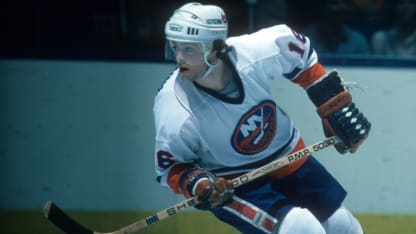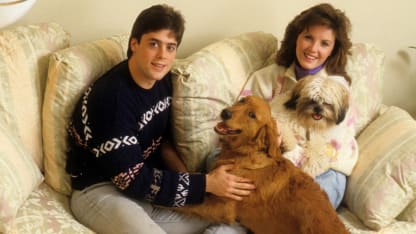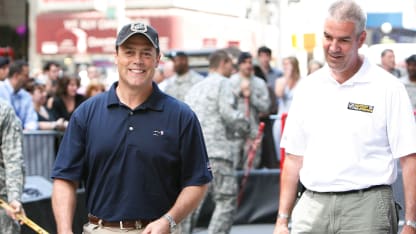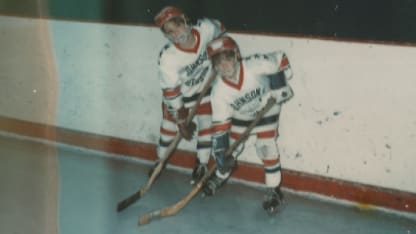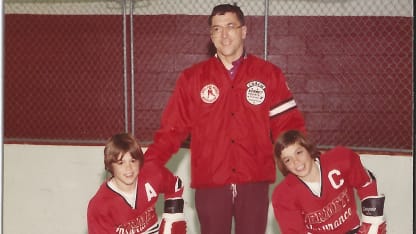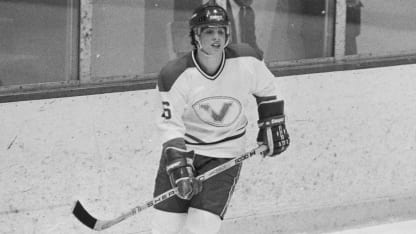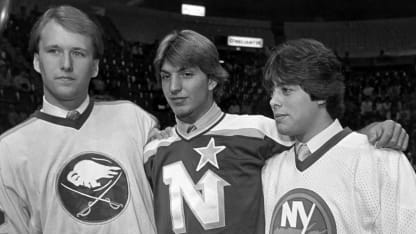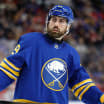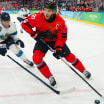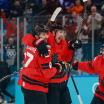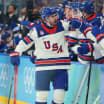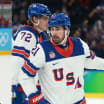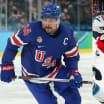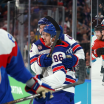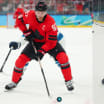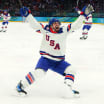Early in the 1993-94 season, I injured my right knee. It required surgery and cost me all but 16 games of that season.
At the time, I thought getting my knee reconstructed was the end of the world. My wife told me that, while I didn't expect this injury, I could treat it as an opportunity to learn more about myself.
That's exactly what happened, but not in the way I expected.
While I was in the hospital, I used to go to the children's ward to visit the kids who were fighting battles far more important than mine. I thought I knew what courage was. Then I met all these kids, and I had a new understanding of the word.
One young man struck a special chord with me.
I used to play video games with Robert Schwegler, who was 12 years old and battling a rare form of leukemia. We played video hockey every week and, every week, he would beat me. I was always the Islanders or Rangers, and Robert was always the Buffalo Sabres. He was always excited to be MogilnyAndreychuk, Hawerchuk and LaFontaine. Over the four months we played, I only tied him once.
One day, as I was leaving his room taking off my cap and gown because Robert was in isolation, a nurse stopped me, grabbed my arm and said, "Thank you."
"No need to thank me," I said. "Robert's my friend!"
"I don't think you understand," she said, and then she started to really cry. "These visits are the only time this young boy smiles."
In light of that, my knee injury became trivial, and the mystical power the game holds over each of us came into sharper focus.
Sadly, Robert died five months later, but I remain in touch with his family to this day. My charitable endeavor, the Companions in Courage Foundation, was also born from that experience and has grown to provide video-game stations and playrooms in 20 hospitals across North America and touches more than 60,000 kids per year in part because of Robert's inspiration.
I cherish the memory of the Roberts I have been blessed to meet in my life. They have helped provide the proper perspective whenever I have been at a crossroads.
Now I hope you understand what I mean about crossroads and how the decisions we make when facing them can define us.
First and foremost, because of hockey, my journey through life has been spiritually rewarding and uplifting. There has been plenty of pain and suffering, and I have been forced to travel to some very dark places. Those tough times and experiences have also made me stronger in spirit and given me an even deeper appreciation for the hockey community and the well-being of the game.
